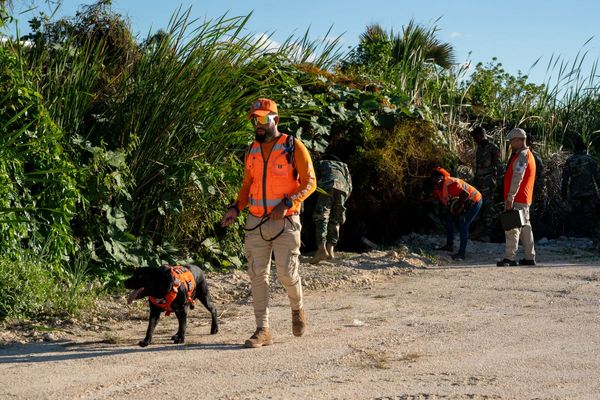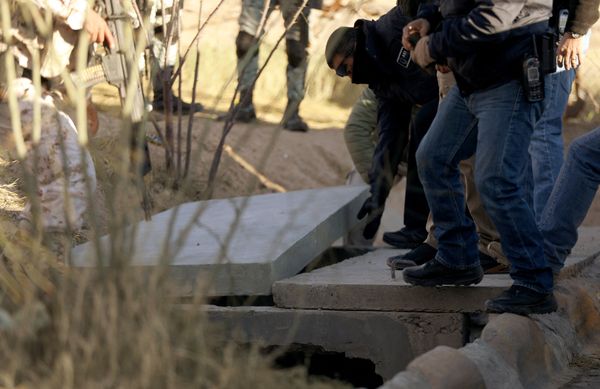
Youngsters are quitting sports over body image issues, gender biases and social media, reveals a new study.
American researchers found a “significant correlation” between screen time, body image, and ditching sports.
Many youngsters said they abandoned exercise because they felt they didn’t look as good as the athletes on social media, and don’t perform as well.
Previous studies have shown 70 percent of children have ditched sports by the time they hit 13 years old.
By 14, girls start quitting at twice the rate of boys.

To determine why they may feel negatively about physical activities, researchers from University of Central Florida College of Medicine (UCFCM) surveyed 70 current or past athletes from ages eight to 18.
They found some kids abandon sports because they struggle with the competitive pressure of the sport, and girls were particularly prone to quitting because of competition.
Having issues with their coach was another key reason for leaving.
Parents must understand the impact a coach has and ensure they have proper training to foster a positive sports environment, they added.

The team also discovered those who were less confident in their sporting ability ranked themselves as “less fit” than other athletes.
Professor Cassidy Foley Davelaar said: “Youth sports participation sets up children for a lifetime of healthy habits. Kids who participate in youth sports have improved cardiovascular fitness, muscular strength and endurance, and a healthy weight.
“Parents need to know what drives kids to quit sports so they can support their children’s physical and mental health.
“Coaches and parents need to know that their words and actions can influence kids’ participation in sports.
“By being mindful to not place any importance on looking a certain way, adults can encourage a more supportive, inclusive and welcome sports environment among children of all abilities.”
She added: “We hope these findings will reveal the drivers of sports attrition so that adults can create a sports environment that brings joy and participation back to the game.”
Produced in association with SWNS Talker







